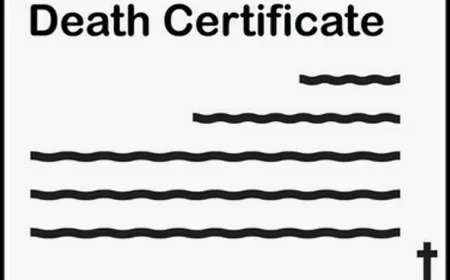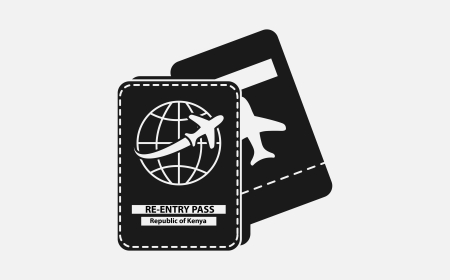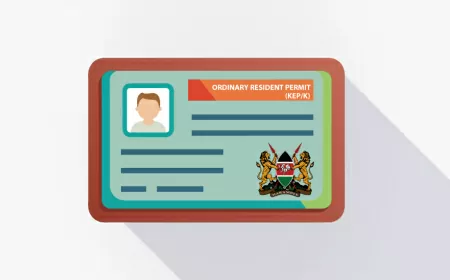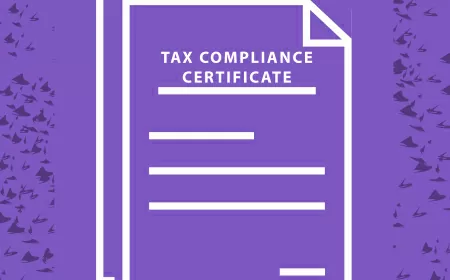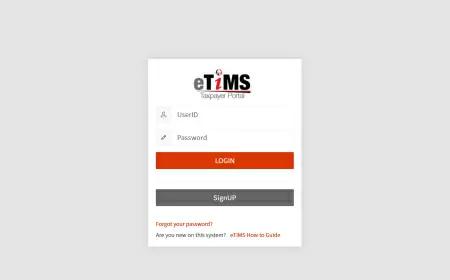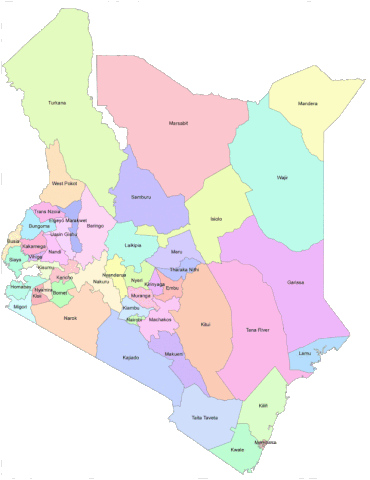How to Write a Simple Business Plan for Your Kenyan Startup
Every business needs to have a written business plan. Whether it’s to provide direction, attract investors or applying for a business loan, a business plan is vital for the success of your business. But, how do you write a business plan? While it is good to work from a template, make sure that you focus on areas of the plan that relate specifically to your business.
1. What Should be in Your Business Plan?
The business concept is the first broad element of a business plan. The focus here is on the description of your business, it’s market, its products, and its organizational structure and management. The flow is as follows:
- The Executive Summary: The highlights of your plan
- Location and History of Business, Facilities and Equipment; Legal Structure; Insurances: This section describes the legal entity and ownership structure, gives an overview of start-up costs and initial funding.
- Products and Services: Describe the products or services you offer. Emphasise why buyers purchase those and what benefits they get. If you are planning to do deliveries, show how much it costs to deliver what you’re selling.
- The Industry and Market Analysis: Describe your target market and segment you will focus on, including market demographics, market growth, trends and forecast. Describe the nature of your industry and your competition.
- Strategies, Mission, Objectives and Milestones: Marketing Strategies, Advertising and Promotion; Sales forecast and cost of sales; Distribution, Plans for Growth – Define your milestones with dates, budgets and specific responsibilities.
- Management Structure and Staff Positions: Name and describe the key members on your team. List management team gaps, if any, and show how they’re being addressed.
- Financials: Include a detailed financial plan and needs summary; sales forecasts, annual income and expenditure, profit and loss statement, cash flow statement and balance sheet.
2. Some Key Points to Focus on are:
- The Business: What is your offering and who will be your customers? This section should also detail your management structure, key products and services, innovations and insurance and legal considerations. It can be as simple or as complex as your business is.
- The Market: Defining your market is important to help focus your marketing strategies. What is the benefit you are selling? What makes you stand out in the market? How are you going to promote your business? Who is your target market?
- SWOT Analysis : This is where you look at the Strengths and Weaknesses internal to your business and the opportunities and threats coming from outside of your business.
- Your competitors : Who are they and how are they performing? They are your benchmark, and the more you know about them, the more you’ll learn about your company and potential customers.
- Advertising and sales : What marketing strategies are you going to use? What is your budget for this and how will you measure their success? How are customers going to find you? Consider short and long term strategies and options.
- The Future: Vision and mission statements (what you stand for) accompanied by your goals and objectives. These will help you and your company stay focussed within its market boundaries and not spread itself too thin.
- Finances: You’ll have fixed costs you have to spend to set up your business and then ongoing costs. Develop a month by month cash flow budget to help you manage the start-up phase when outgoings can exceed income for some time.
3. In Conclusion
Your business plan is your roadmap to success. It needs to be fluid and flexible, reviewed and revised at regular intervals throughout the year. And like any roadmap, it’s a plan.
You can take a side trip or take a different route. But it helps to have something with a destination, to keep you focussed on the goals ahead.
4. References
This blog post was originally featured on Dare to Aspire, Dare to Achieve with DADA By Stanbic Bank.
Was this information helpful ?







